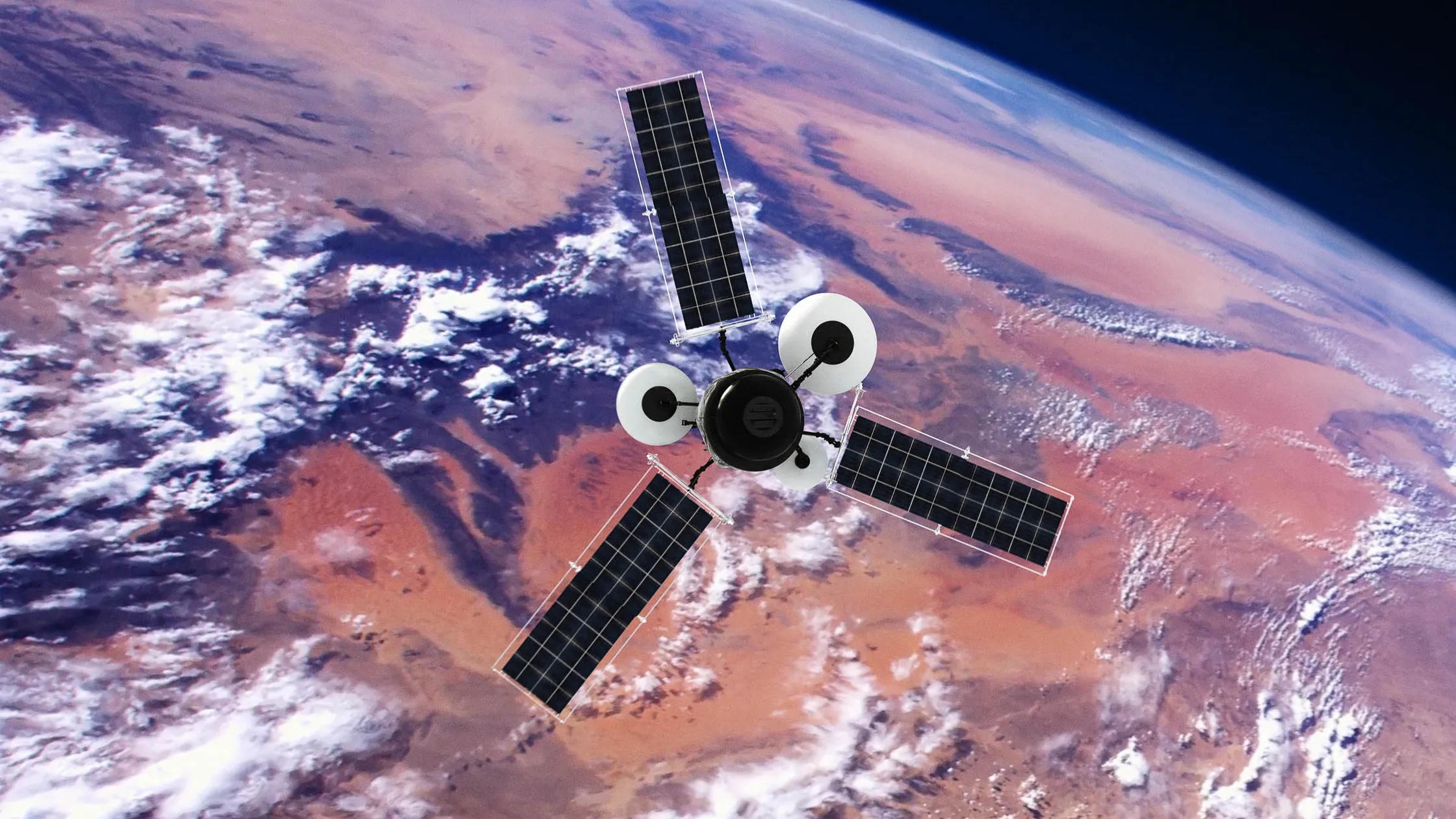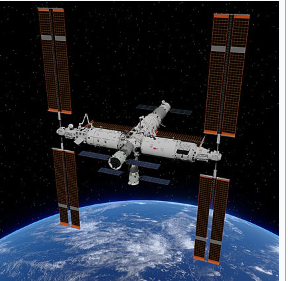
Dar es Salaam. President Samia Suluhu Hassan revealed that Tanzania is planning to build its own satellite and that negotiations to reach the scientific milestone have already begun.
The President, who was speaking at Azam Media’s launch of digital terrestrial television (DTT), however, did not reveal the engineering team that is set to build the satellite or where it is going to be hosted
“We are well prepared. We have started discussions and rest assured that Tanzania will have its own satellite in the near future,” she said.
Should the plan materialize, Tanzania will join Kenya and Uganda, which have developed and launched satellites into space in the past six months.
The development of a satellite has far-reaching implications across multiple sectors. In communication, a satellite can enhance connectivity in remote areas, bridge the digital divide and improve access to education and healthcare services.
In other key sectors such as agriculture, satellite data can provide valuable insights into soil moisture, vegetation health and crop monitoring, enabling farmers to make informed decisions about irrigation, fertilisation and pest control.
Furthermore, satellite technology plays a crucial role in disaster management, allowing for early warning systems, efficient emergency response, and post-disaster assessment and recovery.
However, Tanzania’s foray into space technology will not be unprecedented in the region.
Several African countries have successfully launched their own satellites, leveraging the potential of space-based technologies to address specific societal challenges and drive progress.
Egypt leads the way with nine launched satellites, followed by South Africa with eight, Algeria with seven, Nigeria with six and Morocco with three.
Ghana, Sudan, Ethiopia, Angola, Kenya, Rwanda and Mauritius complete the list.
Kenya launched its first operational earth observation satellite on Saturday onboard a SpaceX rocket from the United States, a live feed from Elon Musk’s rocket company showed.
The satellite, developed by nine Kenyan engineers, will collect agricultural and environmental data, including floods, droughts, and wildfires, that authorities plan to use for disaster management and to combat food insecurity.
Uganda, on the other hand, launched its first ever satellite into the international space station on December 8, 2022, following its construction by three Ugandan and Japanese engineers under a multinational satellite design program.
Tanzania’s vision to develop its own satellite came at a time when several other global investors have shown interest to launch cutting-edge technology in Tanzania.
Last year, US tech billionaire Elon Musk showed interest in launching Starlink, his satellite internet constellation operated by SpaceX, which can provide internet connectivity using thousands of satellites in space that communicate with designated ground transceivers.
While expressing his interest in operating in Tanzania, the tycoon revealed that they are still waiting for some government approvals.
Information, Communication and IT minister Nape Nnauye said there were some legal requirements that needed to be taken care of the Starlink project was launched.

